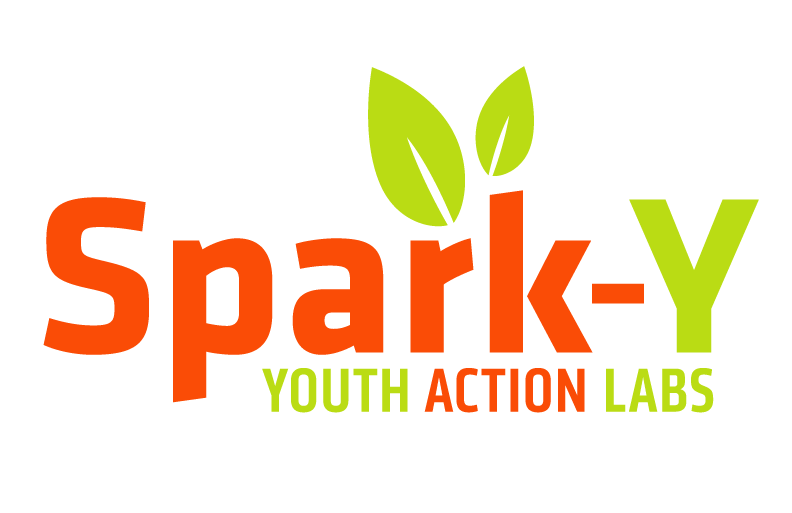The following blog post was written by Columbia Heights 2019 Summer Internship Team: Mary Clare O'Shea, Anteneh Zelalem, George Bonete Quintero, and Robbie Creadick.
This summer, the Columbia Heights internship team has been working with the students at the Columbia Heights summer recreation program. Every week we strive to facilitate an engaging experience for students that will inspire them to live more sustainably. We do this by focusing each of our lessons on one of the “5 Es of Sustainability” (economics, education, equity, environment, empowerment). Then, we include a hands on activity such as building mini aquaponics systems or engineering from recycled materials.
Last Friday, our E of the day was education. We began by teaching students the important role education plays in empowering people to better care for the planet. Many have no idea where their trash goes after throwing it away. Others believe that throwing away organic matter is environmentally friendly because it will decompose. Education is the key to curbing these misconceptions. Breaking down and re-purposing trash so it does not wind up in a landfill is integral to a healthy planet.
What better way to demonstrate this to students than vermicomposting?
Our two black bins of vermicompost sitting mysteriously on the tables prompted nonstop questions about what was inside. Once we finally cracked them open no one was disappointed by the boxes of dirt, worms and garbage. Students happily picked up shovels and began exploring the contents of the bins. At first, many were grossed out by the small wiggly red worms but they eventually warmed up to them. After discussing how the worms turn the musty smelling mixture of microgreens, wood shavings, and paper scraps into organic fertilizer, students were each given a plastic baggie to create their own vermicompost environment. Each student picked out two or three worms and were sure to name them before they placed them in their vermicompost home. Many started to ask in bewilderment how it was possible for tiny creatures like John and Spiderman to convert heaping piles of garbage into pounds of organic fertilizer. In the end, building their own mini vermicompost compelled students to appreciate the composting power of the worms and their potential as a solution for a greener future.
Robbie: “As someone who wants to be a teacher when they grow up, this has been an extremely helpful and memorable experience. It’s amazing to see the kids build friendships with each other while also learning important things that can make the world a more sustainable place like vermicomposting.”
George: “The kids had fun writing facts about their worms and naming them in the vermicomposting activity we were doing, It was funny how three kids named all their worms ‘John’, it's nice seeing how happy and interested they are on the lessons we plan and the different activities they do to help them better understand the lesson of the day.”
Anteneh: “I think that the kids really enjoyed the vermicomposting and the video we showed them. Overall i think the kids had a fun and enjoyable time in the classroom.”
Emma: “This internship has given me my first experience teaching in a classroom. I've learned a lot from being in a situation where I'm not completely comfortable, and also from the other team members. Also, it's really fun teaching in a hands-on way!”


